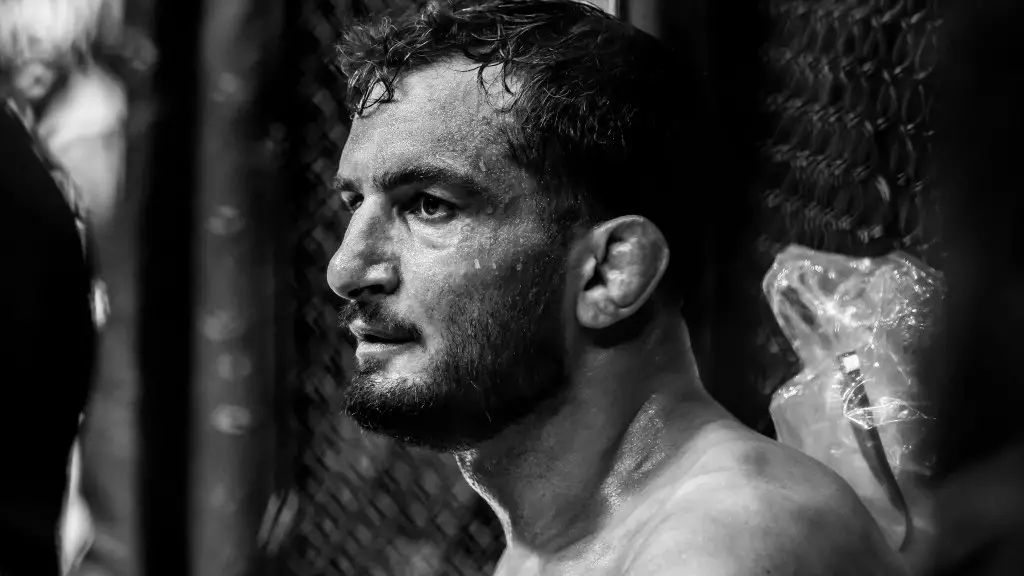Gegard Mousasi, a seasoned veteran in mixed martial arts (MMA) and former Bellator champion, has become embroiled in a significant legal battle amounting to $15 million against the Professional Fighters League (PFL) and the recently structured “New Bellator.” Mousasi’s lawsuit characterizes a controversial junction after PFL’s acquisition of Bellator led to confusion and distress regarding his contractual status. This article delves deep into the implications of this lawsuit, analyzing its background, contractual details, and the broader impact it may have on the MMA landscape.
The legal situation faced by Mousasi evolved quickly following the purchase of Bellator by the PFL. Having an illustrious career, Mousasi expected a seamless transition post-acquisition. However, miscommunication and lack of clarity regarding his contract’s terms initiated dissatisfaction that led him to publicly express frustration against the organization.
Mousasi’s contract, which was supposed to grant him lucrative compensation, became a pivotal issue amid the transition. The suit notes several exchanges between Mousasi’s management and PFL officials, indicating a desperate attempt to secure clarity about his fighting future within the restructured organization. His fight career is in a precarious position, as highlighted by his statements and growing frustration over the prolonged inactivity following a loss in May 2023.
Mousasi’s lawsuit identifies several grave allegations, including breach of contract, unjust enrichment, and claims related to monopolistic practices under Section 2 of the Sherman Act. The latter raises important concerns regarding the competitive landscape of MMA, suggesting that the PFL’s acquisition could monopolize fighter contracts and opportunities.
A critical analysis of the lawsuit reveals a complex web of contractual intricacies. Mousasi was under an agreement that stipulated a guaranteed payment structure. This included a fight purse of $200,000, a $50,000 bonus for finishes, and a substantial $600,000 “promotional fee” per fight. The discussions recorded in emails indicate that despite these assurances, PFL officials raised concerns about Mousasi’s cost as a fighter, leading to questions surrounding his value within the organization.
The implications of Mousasi’s suit extend beyond his personal grievances; they reflect deeper systemic issues within the MMA industry, particularly concerning contractual obligations and fighters’ rights. Mousasi, now 39, openly criticized the promotion as the “worst organization,” a sentiment that reverberates with many fighters feeling marginalized or under-compensated under expansive company structures like those of PFL and Bellator.
Furthermore, the lawsuit could set a precedent for how fighters engage in negotiations or conduct their business amid evolving corporate landscapes. The nature of Mousasi’s claims—particularly regarding labor classification and implied covenants—could inspire other fighters who feel similarly constrained by systemic issues.
As the legal proceedings progress, Mousasi’s pursuit of a jury trial signals a commitment to vindicate not just his career but also the interests of fighters in the sport. This chapter raises essential questions about the future of fighter contracts, especially after major ownership changes within organizations. For Mousasi, the stress of an ongoing legal battle combined with the realities of his recent career setbacks creates a tumultuous environment that challenges his legacy in the sport.
The situation surrounding Gegard Mousasi and his lawsuit against the PFL-Bellator encapsulates a troubling dimension in professional MMA, where fighter rights and corporate machinations collide. As this case unfolds, it serves not only as a pivotal moment for Mousasi but also as a potential catalyst for change across the industry, pushing for more equitable treatment and proper acknowledgment of fighters’ contributions in a competitive market.

